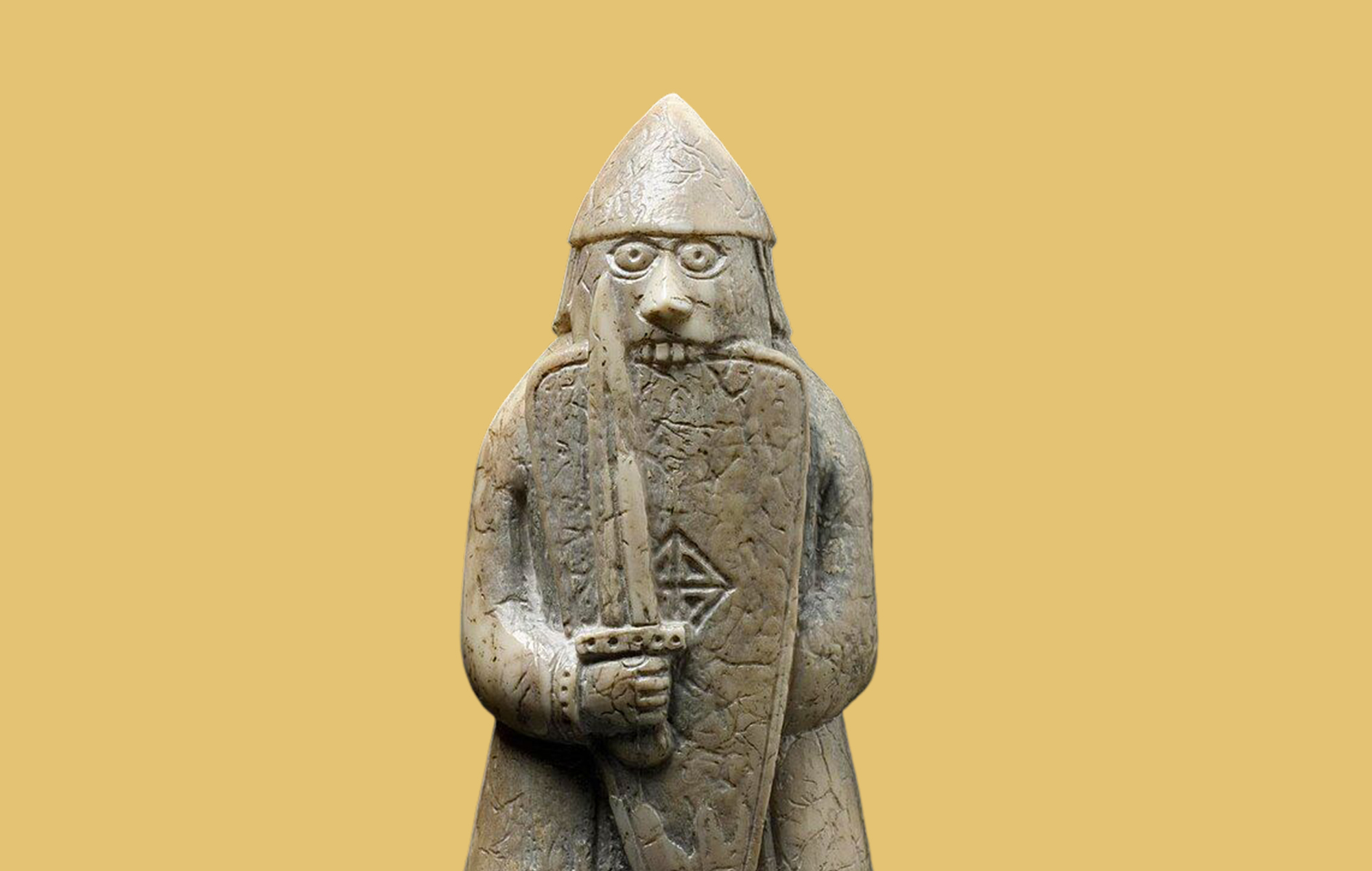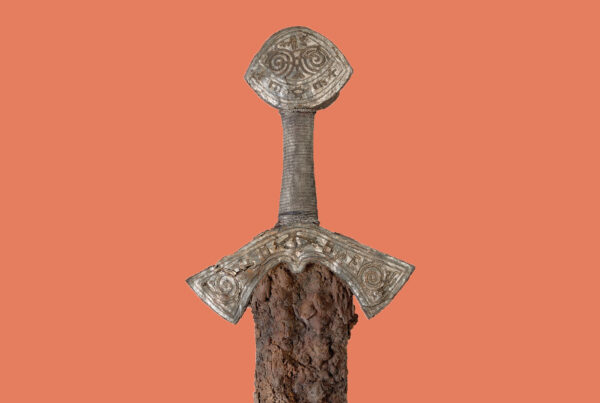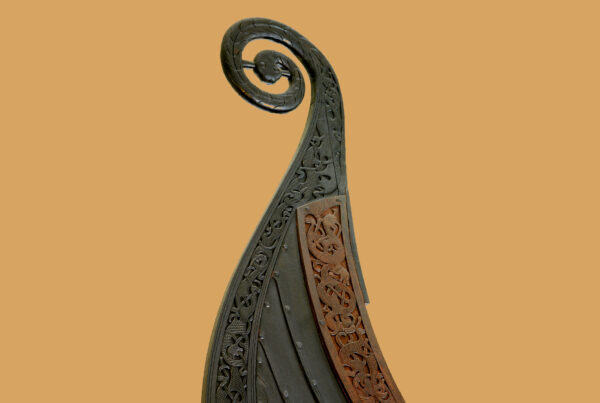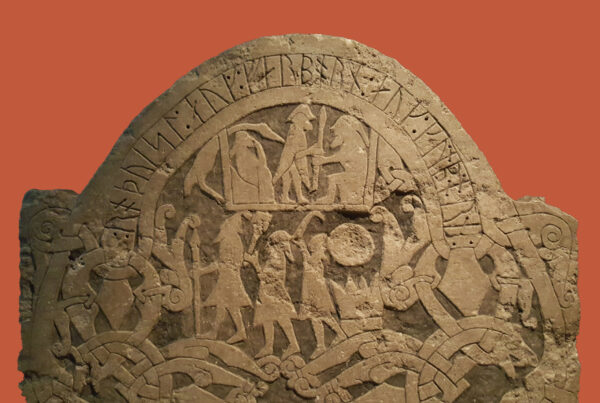Quando pensiamo alla Scandinavia medievale, la prima immagine che ci viene in mente è quella dei vichinghi, spietati predoni dei mari, affamati di terre e di ricchezze, che tra VIII e XI secolo imperversarono in Europa, seminando il terrore dall’Atlantico al Mar Caspio, dal Mediterraneo al Baltico.
In effetti, nei libri, nei fumetti, nei film e nelle serie Tv di argomento nordico queste figure sono talmente onnipresenti e dominanti che, tanto nei media quanto nel parlare comune, il termine vichingo viene spesso impiegato a sproposito come sinonimo di scandinavo. Una simile equivalenza è però concettualmente errata oltre che storicamente infondata: difatti, se tutti i Vichinghi furono scandinavi, non tutti gli scandinavi furono Vichinghi.
A questo punto la domanda sorge spontanea: chi erano veramente i Vichinghi?
Pensiamo di saperlo: erano le genti che popolavano la Scandinavia nel medioevo, giusto? Sbagliato!
Il termine ha avuto un’ampia fortuna nella letteratura accademica sul medioevo nordico, e si è imposto nel linguaggio popolare, con alcuni esperti che si strappano i capelli ogni volta che lo sentono, e altri che approfittano della sorta di fetish che il pubblico ha per questa idea romanzata di uomo antico-nordico per vendere libri, appiccicando a sproposito la parola nel titolo delle loro pubblicazioni.
Per rispondere al nostro quesito dobbiamo anzitutto rivolgere l’attenzione alle fonti medievali, in cui tale vocabolo non solo è privo di qualsiasi accezione o sfumatura etnica, ma designa piuttosto una professione, un’attività, un genere di vita. I Vichinghi, insomma, non erano un popolo bensì soltanto una categoria specifica all’interno del mondo nordico: più precisamente, nelle fonti il termine indica coloro che, tra VIII e XI secolo, si univano in una sorta di contratto o partnership e intraprendevano spedizioni in Europa occidentale – Isole britanniche, Francia, Germania, Spagna – e orientale – Baltico, impero bizantino, Russia – a scopo di razzia, commercio, conquista o insediamento.
Vuoi scoprire di più su questa affascinante storia? Iscriviti al nostro gruppo.
When we think of medieval Scandinavia, the first image that comes to mind is that of the Vikings—ruthless sea raiders, hungry for land and riches, who, between the 8th and 11th centuries, ravaged Europe, spreading terror from the Atlantic to the Caspian Sea, and from the Mediterranean to the Baltic.
Indeed, in books, comics, films, and TV series with Nordic themes, these figures are so omnipresent and dominant that, both in the media and everyday speech, the term Viking is often misused as a synonym for Scandinavian. However, such an equivalence is conceptually flawed and historically inaccurate: while all Vikings were Scandinavians, not all Scandinavians were Vikings.
At this point, a question naturally arises: who were the Vikings, really?
We think we know—they were the people who lived in Scandinavia during the Middle Ages, right? Wrong!
The term has enjoyed wide popularity in academic literature on the Nordic Middle Ages and has taken root in popular language, to the point that some scholars tear their hair out every time they hear it, while others take advantage of the public’s fetish for this romanticized idea of the ancient Norseman to sell books, often misusing the word in their titles.
To answer our question, we must first turn to medieval sources, in which the term carries no ethnic meaning or connotation. Instead, it refers to a profession, an activity, a way of life. In short, Vikings were not a people, but rather a specific category within the Nordic world: more precisely, the sources use the term to describe those who, between the 8th and 11th centuries, formed partnerships or contracts and undertook expeditions to Western Europe—such as the British Isles, France, Germany, and Spain—and Eastern Europe—such as the Baltic, the Byzantine Empire, and Russia—for purposes of raiding, trading, conquest, or settlement.
Want to learn more about this fascinating history? Join our group and find out!
